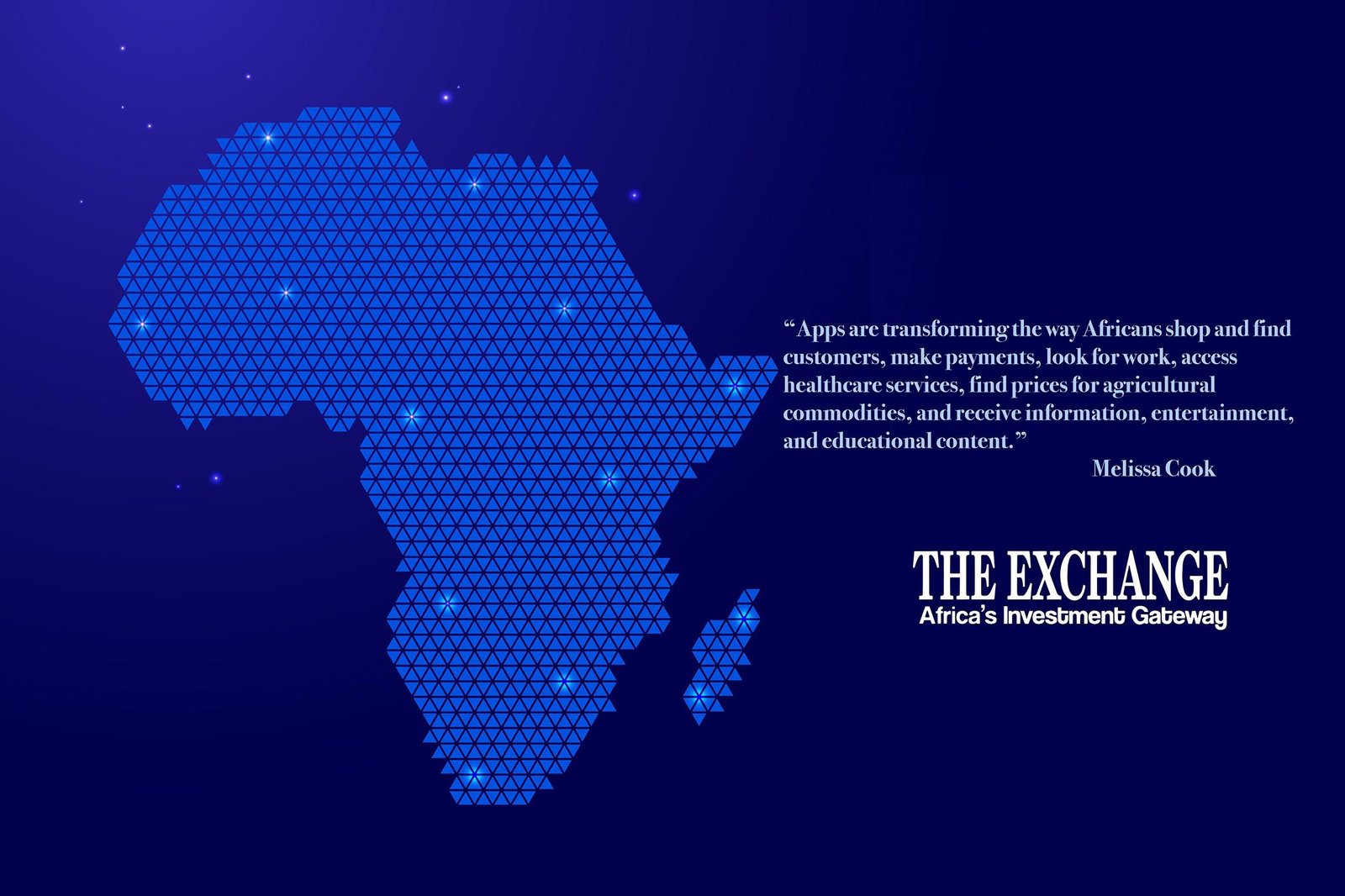Africa is going through a technological revolution that could make it the next tech hub worldwide. Africa is positioned to revolutionize its financial landscape and draw the interest of major global technology firms because of its developing tech ecosystems, creative startups, and rapidly expanding young population.
Increased connectivity, investments in digital infrastructure, and the rise of regional IT talent are just a few of the factors causing this impending rise. In the article, you will learn about the factors that will cause Africa to become the next global tech hub for technology, as well as the role that emerging technologies will play in this change.
Continent Prioritizing Mobile
The mobile-first strategy used in Africa is advancing the continent’s tech sector. African companies are utilizing mobile technology to supply cutting-edge services and products because more than half of the population accesses the internet primarily from mobile devices.
Sectors including health care, schooling, and transportation, are all being transformed by mobile applications. The widespread use of smartphones and the expansion of the mobile internet have given businesses new ways to connect with customers and promote economic growth.
Development of Regional Tech Talent
A diverse and brilliant group of young developers and entrepreneurs may be found in Africa. These people are using technology to address regional problems in industries including healthcare, agriculture, and banking.

For instance, mobile payment methods and monetary inclusion have been revolutionized by businesses including M-Pesa in Kenya and Flutterwave in Nigeria. An atmosphere favorable to tech creativity and entrepreneurial endeavors is being created by the presence of local talent as well as the growth of coding academies and entrepreneurs.
Communication Revolution with Apps
The development of communication technology in Africa is changing how people communicate and interact, and the increasing use of messaging apps that include GBWhatsApp is an important example of this change that allows its users to enjoy customizable chat backgrounds, themes, and fonts to create a more individualized and expressive interaction experience.
The messaging apps provide real-time chat, audio, and video calling features, reducing time and space barriers. They are now the tools needed for connecting people and businesses through both professional and personal communication.
Improved Digital Infrastructure
In the last decade, connectivity in Africa has grown remarkably. The spread of mobile devices and the installation of fiber-optic cables under the ocean have greatly increased internet access throughout the continent.
The development of digital platforms and e-commerce has been assisted by the growing connectivity of effective messaging apps, including WhatsApp Plus, opening doors for entrepreneurs and startups to achieve success. As a result, African nations like South Africa, Kenya, and Nigeria have emerged as hubs for technological innovation.
Conclusion
Africa is undoubtedly on track to become the world’s next tech hub. The continent is paving the way for technological advancement and economic progress through increasing connectivity, investments in digital infrastructure, the rise of local talent, an emphasis on resolving local problems, and a mobile-first strategy.
Africa is positioned to influence the future of the global digital industry and develop into a hub of opportunity and technology with the right support and ongoing momentum.






